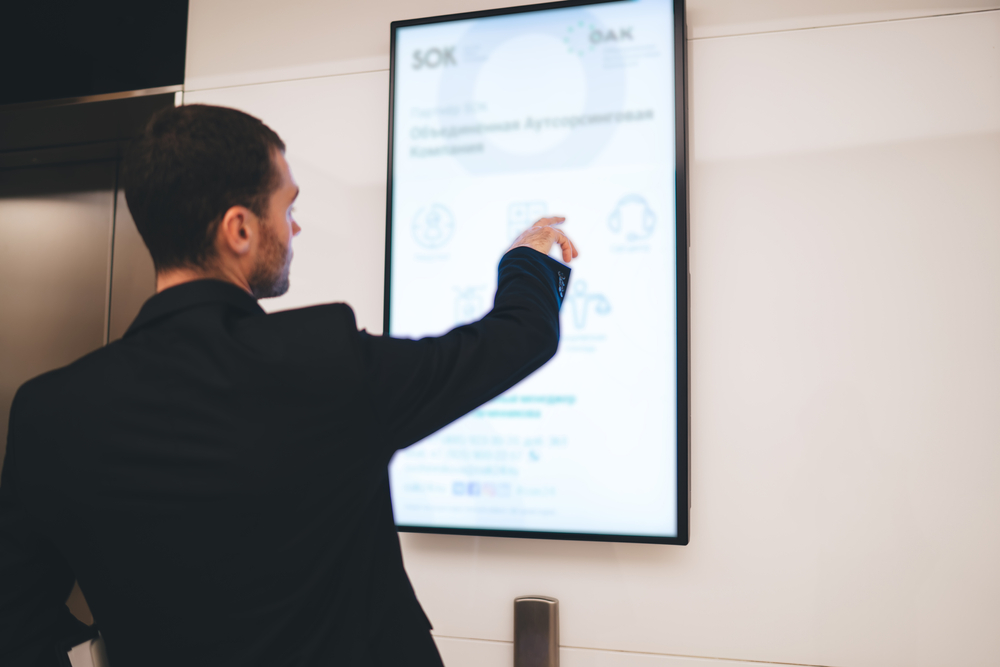The Power of Visuals in Test Presentations for a Winning Argument
The combination of visuals in test presentations has become a crucial aspect in effectively interacting intricate arguments to jurors. By using different kinds of visual aids-- be it diagrams, photos, or computer animations-- lawyers can boost understanding and retention, ultimately forming the court's understanding of the instance. This strategy not just makes clear elaborate stories yet additionally establishes an emotional resonance that can influence decision-making. As we check out the subtleties of this approach, it becomes important to take into consideration just how specific types of visuals can make a significant difference in trial results. What functional methods might lawyers use to optimize this possibility?
Value of Visuals in Trials
In numerous legal setups, visuals play a critical duty in improving the efficiency of trial discussions. The assimilation of aesthetic elements can significantly influence jurors' understanding and retention of intricate info, thus shaping their assumptions and decisions. Visuals, such as charts, layouts, and photos, can simplify intricate stories, making them much more available and engaging.
Additionally, the human brain procedures visual information extra effectively than text, which emphasizes the significance of incorporating visuals right into legal debates. By equating thick legal principles right into visual styles, attorneys can assist in clearer interaction, guaranteeing that vital points are not forgotten during tests.
Furthermore, visuals offer to engage jurors on a psychological level, promoting a connection to the situation that words alone might stop working to attain. The tactical use visuals can evoke empathy, motivating jurors to consider the human facets of the case.
Eventually, the importance of visuals in trials depends on their ability to improve quality, improve juror interaction, and enhance the narrative being provided. This powerful combination is necessary for crafting influential arguments that reverberate with jurors and affect the outcome of legal procedures.
Kinds Of Visuals to Use
Effective trial discussions can greatly take advantage of a range of aesthetic devices that satisfy different aspects of the situation. trial presentations. Using layouts and graphes can successfully damage down complex information, making it much more absorbable for jurors. Flowcharts can highlight the sequence of events, while bar graphs may succinctly compare relevant data points.

Animations and simulations can additionally play an important duty, especially in instances entailing technical data or detailed scenarios. These visuals can dynamically stand for processes or actions, providing clearness and interaction that fixed images may not attain.
Furthermore, infographics combine text and visuals to summarize important info efficiently. They can provide timelines, stats, and look at these guys considerable situation points in a visually appealing manner, making it easier for jurors to follow the debate.
Enhancing Understanding and Retention

Enhancing comprehension and retention during test discussions is important for guaranteeing that jurors understand the important components of an instance. Visual aids act as powerful tools hereof, equating complex information right into easily digestible layouts. By using charts, layouts, and infographics, attorneys can streamline complex data and emphasize bottom lines that might otherwise be forgotten.
Research studies have revealed that individuals maintain information significantly much better when it is presented aesthetically. This is particularly significant in a trial setup, where jurors may be bewildered by the volume of proof and testimony. By purposefully incorporating visuals, lawyers can direct jurors' interest to one of the most important aspects of the situation, reinforcing their understanding and memory of the material offered.

Producing Engaging Discussions
Captivating jurors' interest during test discussions is necessary for conveying an engaging story. Engaging discussions leverage aesthetic elements to produce a memorable experience that resonates with jurors. The critical use graphics, computer animations, and videos can illuminate intricate information, making it extra available and relatable.

Additionally, including storytelling strategies can enhance involvement. Providing proof in a rational series that builds psychological appeal permits jurors to get in touch with the product on a personal degree. Numerous presentation styles, such as incorporating brief video or interactive aspects, can additionally suffer passion and attention throughout the test.
Inevitably, an appealing discussion fosters a much more extensive understanding of the case, allowing jurors to much better appreciate the disagreements being offered and resulting in a much more desirable outcome.
Situation Research Studies and Success Stories
Many study highlight the considerable impact of visuals in test presentations, showing their capability to influence juror understandings and eventually the outcomes of cases. A remarkable case including a personal injury insurance claim illustrated exactly how the usage of a 3D computer animation of the mishap scene clarified complicated details. Jurors reported feeling even more enlightened and empathetic, substantially persuading their choice in support of the plaintiff.
In another circumstances, a business lawsuits instance made use of infographics to present financial data and timelines, making detailed details easily accessible. The graph allowed jurors to comprehend the subtleties of the case better than spoken descriptions alone. trial presentations. Because of this, the jury returned a decision that exceeded the client's assumptions
The compelling visuals not just assisted in producing question yet likewise resonated mentally with jurors, leading to an acquittal. These success stories emphasize the need of integrating visuals right into test presentations, as they boost understanding, retention, and inevitably, the convincing power of legal debates.
Final Thought
To conclude, the tactical incorporation of visuals in test presentations substantially enhances jurors' comprehension and retention of intricate details. By making use of different types of visuals, attorneys can efficiently make clear key factors and foster psychological links with the target market. Engaging presentations, sustained by engaging study, show the extensive impact that Continued visuals can have on convincing interaction. Ultimately, the power of visuals acts as a critical element in achieving desirable test results.